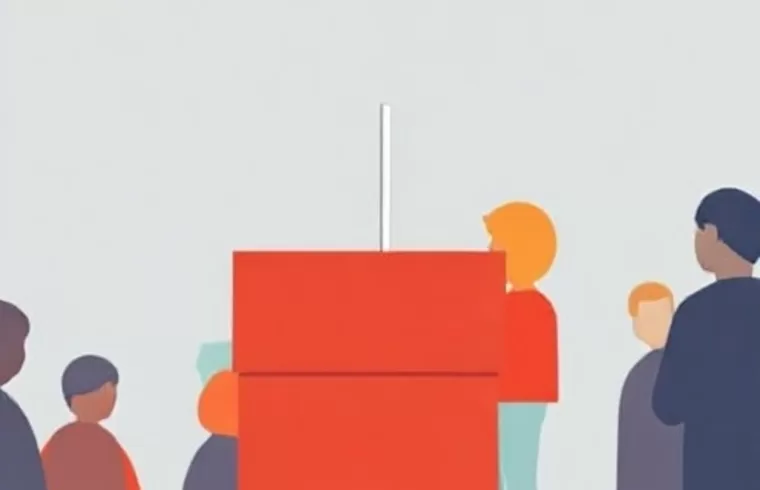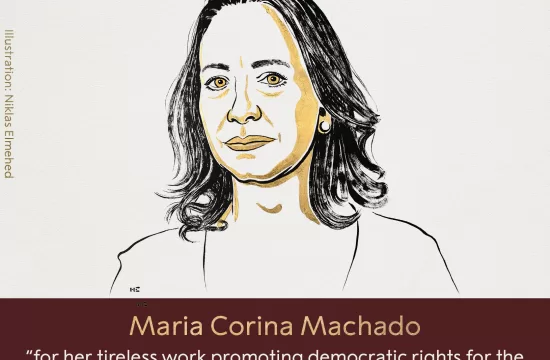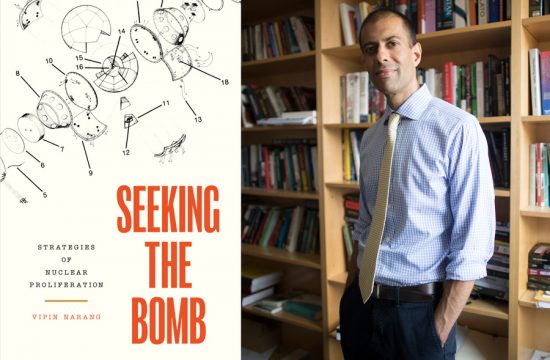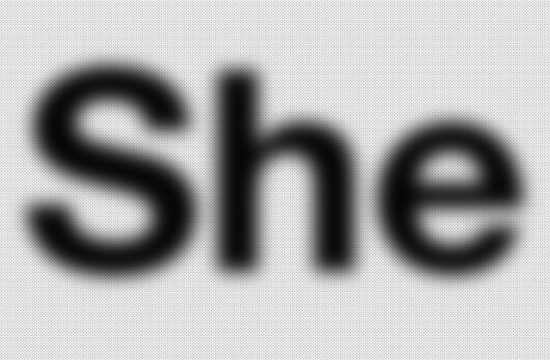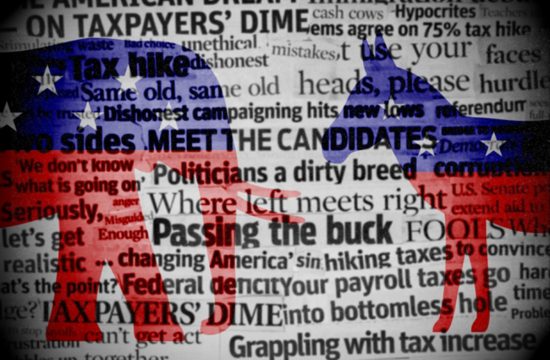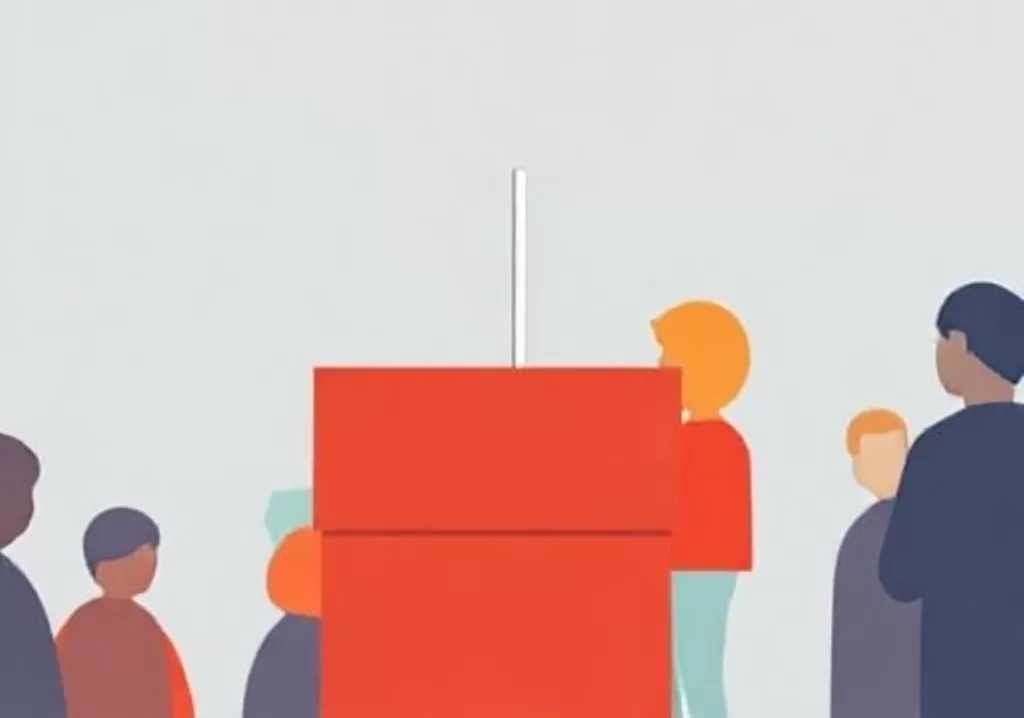
Konstanz, August 28— Despite rising public dissatisfaction, declining trust in politics, and increasing social unrest, economic inequality remains a marginal issue in the manifestos of political parties across democratic nations, according to a new study from the University of Konstanz.
The research, conducted by the Cluster of Excellence “The Politics of Inequality” and published in the American Political Science Review, analyzed political manifestos from 12 OECD democracies over 50 years (1970–2020).
The findings reveal that even in countries with pronounced income disparities, political parties—left-wing included—rarely address inequality in their platforms.
Lead author Alexander Horn, who heads the Emmy Noether Group “Varieties of Egalitarianism,” noted, “In societies where economic inequality is most severe, political parties tend to overlook the issue entirely. Even significant income gains among the top one percent fail to trigger meaningful political responses.”
Horn attributes this neglect to structural distortions in democratic systems. “The wealthiest often remain invisible in public discourse, while poorer populations face barriers to political mobilization. Moreover, meritocratic narratives tend to justify existing inequalities, linking wealth to personal achievement,” he explained.
The study found that political parties only begin to respond when inequality worsens significantly—particularly when median- and lower-income groups fall further behind. Right-wing parties, however, showed no consistent response to either high income levels or widening inequality.
The research sheds light on a critical weakness in democratic governance: the assumption that democracies naturally correct economic disparities. “In reality, they can reinforce inequality through systemic mechanisms—even under left-leaning governments,” Horn emphasized.
Methodology
The study analyzed 850,000 statements from election manifestos using an innovative method known as online crowd-coding—a collaborative digital approach involving large-scale data classification by multiple contributors. This technique allowed researchers to challenge previous assumptions that left-wing parties are more responsive to income inequality.
The findings raise important questions about the role of political institutions in addressing economic justice and highlight the need for more inclusive and responsive policymaking in democratic societies.

